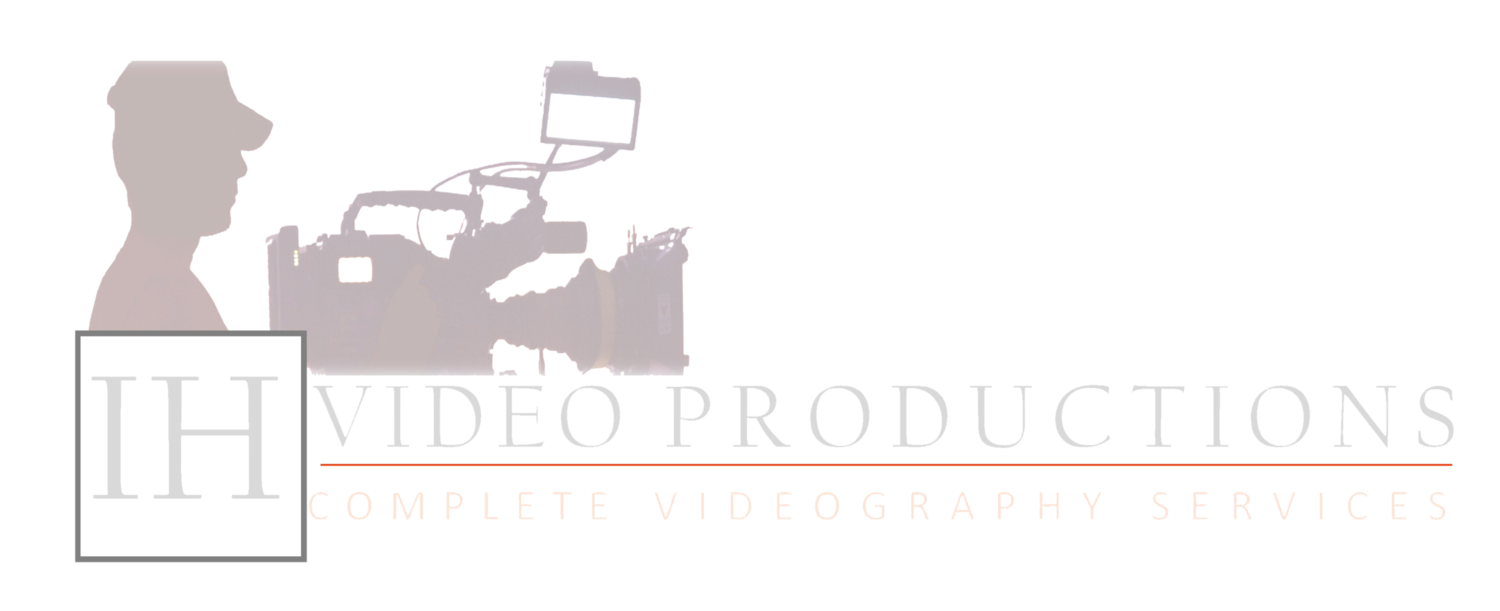Interviews
/Professionally filmed and arranged interview Set -up
Chose the right space
Make sure the space works for you , try to use surroundings to tell the story, does your environment change things like sunlight coming through
Look out for audio distraction, things like a air-conditioned turning on and off loud traffic outside a plane passing over head . Do you have enough floor space to work with properly . You will have things like
lights crew and your subject fitting everything into your location. Do you have enough room to separate your subject from the back ground they are in front of . Can the height of your ceiling accommodate your light setup . Do you have enough floor space to work properly . Investigating the power situation . Sufficient outlets to run your equipment from . Be aware of the buildings circuitry .
Composing your shot
Allow your subject look room . If you frame the subject left with look room to the right try to have your subject right in front of the camera so the subject is looking off to the side.
You can also have the subject looking directly in front of the camera more of talking directly to you effect. Camera height can be at eye level or you could shoot down on the subject to hide
a double chin or use that angle creatively to use that angle week or small . You could shoot up on a subject to hide a shiny bald spot or us that creatively to portray them more powerful.
Your Background . If you have a background that is distracting pull them towards the camera more so there is a nice depth of field and it is not as distracting.
Running a second camera
This can be extremely helpful for you in the editing room . Offset my B camera about 30 degrees from my main angle. Although different angles can be effective in the type of interview
you are doing . Always set up 3-point lighting, key light , fill light and back light . Soft boxes always work well for controlling the brightness . Flags and cutters are great for allowing us to
block the light off of certain areas, great for cutting of the excess light in the back ground for example , using nets are another great thing for reducing the light on the subjects face .
Mics
A stick mic which is used in news casts sports interviews after a game etc, wireless lapel mics are great if you are doing a lot of moving around. Shotgun or boom mic are used for setting
up above the subject head towards the vocal cord area to get the best sound , these are great for most sit down interviews were the subject feels very uncomfortable wearing a lapel mic.
Most celebrates prefer the boom mic that i have worked with .
Hope this gives you good idea going in the right direction for professionally shooting a interview.





![sony_icdpx440_icd_px440_4gb_px_series_1034343[1].jpg](https://images.squarespace-cdn.com/content/v1/56caa26d746fb93e227da45a/1463287191124-M9X15ZV1PCYW2MDR06LM/sony_icdpx440_icd_px440_4gb_px_series_1034343%5B1%5D.jpg)









